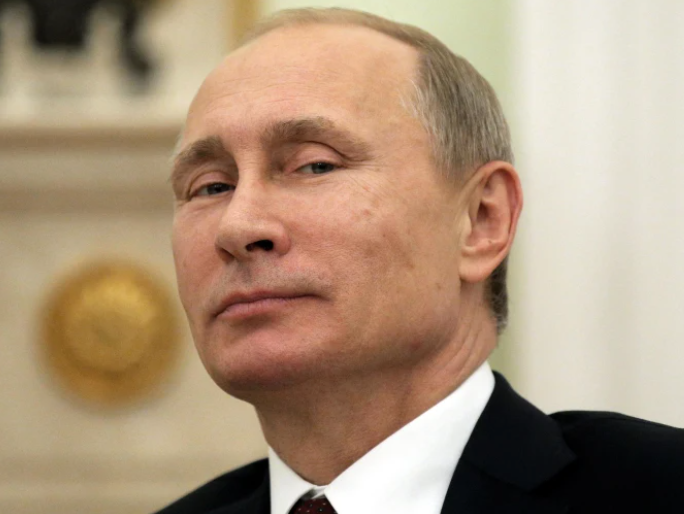$WTI $BRENT $BTC
#Russia #OilRevenues #CrudeOil #Urals #OilPrices #GlobalDemand #EnergyMarkets #Commodities #OilTax #MarketAnalysis #RussianEconomy #OilSlump
Russia’s oil revenues dropped sharply by 21% in November compared to the same month last year, reflecting a significant setback for the country’s economy as global demand for crude oil shows continued signs of weakening. This downturn comes amid declines in the benchmark prices for crude, along with a decrease in the price of Russia’s key export blend, Urals. According to data compiled from official Russian government reports and Bloomberg’s estimates, this marks the second consecutive month of revenue shrinkage. The situation is largely attributable to mounting concerns over reduced global oil demand, as evidence of a slowing economy has weighed heavily on market sentiment.
The lower oil revenues underscore the pressures Russia faces as it navigates the current energy landscape. The Urals crude grade, which serves as the backbone of Russia’s oil exports, is priced at a discount to Brent due to sanctions and transportation complexities. Furthermore, the average price trajectory of the Urals grade, used for tax and revenue calculation purposes, has trended lower in November. As oil represents a significant share of Russia’s budget revenue, this slump could challenge the government’s ability to sustain its fiscal commitments without drawing down existing reserves or seeking new measures to stabilize the budget.
On a broader scale, November’s decline in Russian oil revenues serves as an indicator of shifting energy dynamics, exacerbated by major concerns about a global economic deceleration. Subdued activity in industrialized nations, along with higher interest rates globally, has constrained oil demand, causing benchmark prices such as Brent Crude and WTI to slip over recent weeks. These developments further complicate Russia’s strategy, as the country’s economic health is closely tied to energy exports. Any prolonged weakness in oil prices or demand could create ripple effects across the global energy supply chain and adversely affect commodity-related financial instruments.
Financial markets, particularly in commodities and energy-related assets, will keep a close eye on the evolving supply-demand landscape and its impact on fiscal policies and budgetary health in oil-dependent economies like Russia. With energy revenues acting as a central pillar for economic growth in Moscow, the extended pressure on crude prices could have further long-term implications. Traders in crude contracts, key investors in energy ETFs, and even observers in cryptocurrency markets such as $BTC could see correlated volatility depending on how global trends materialize in the coming quarters. All eyes will remain on further production updates and policy measures affecting oil prices.











Comments are closed.